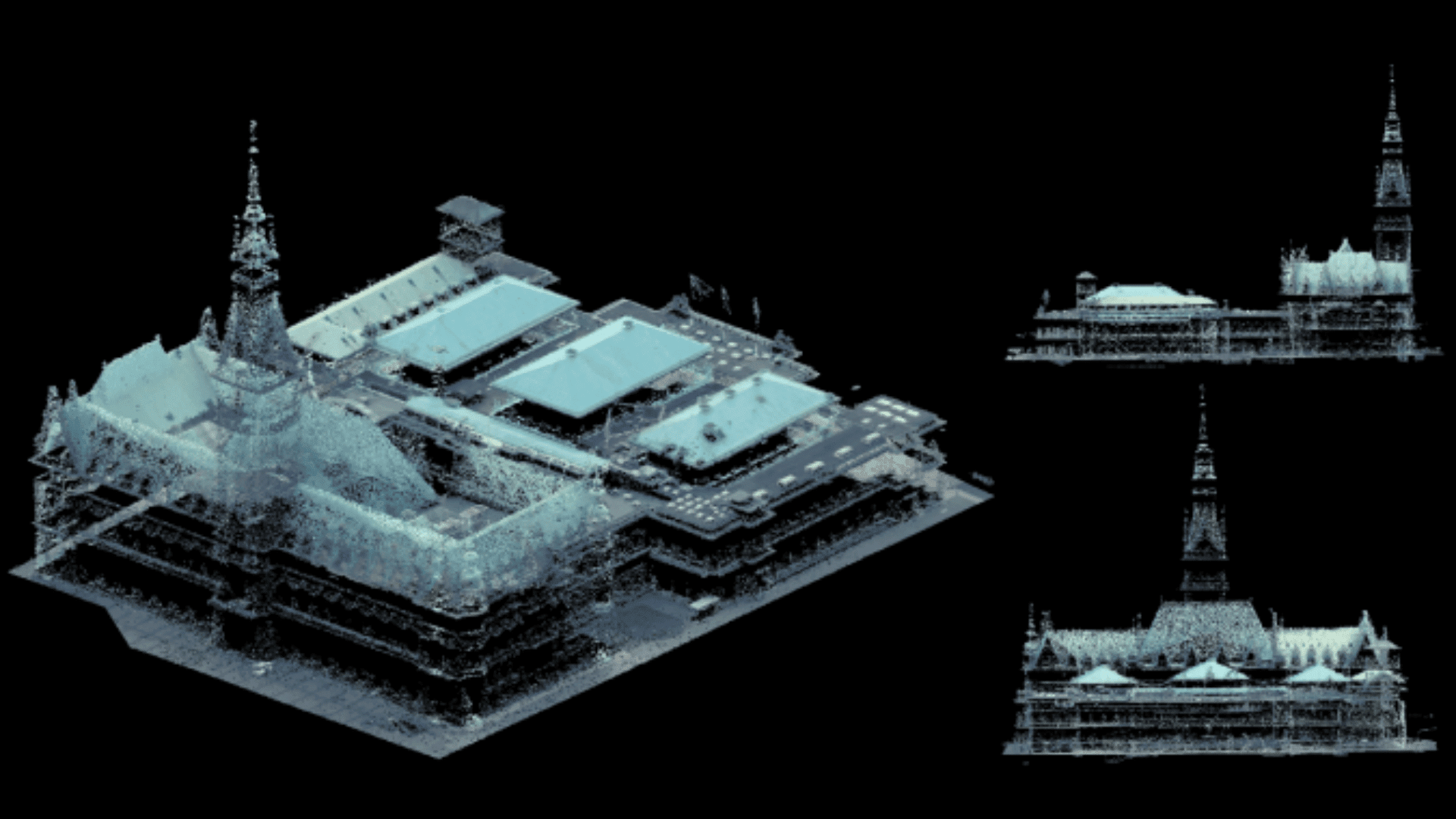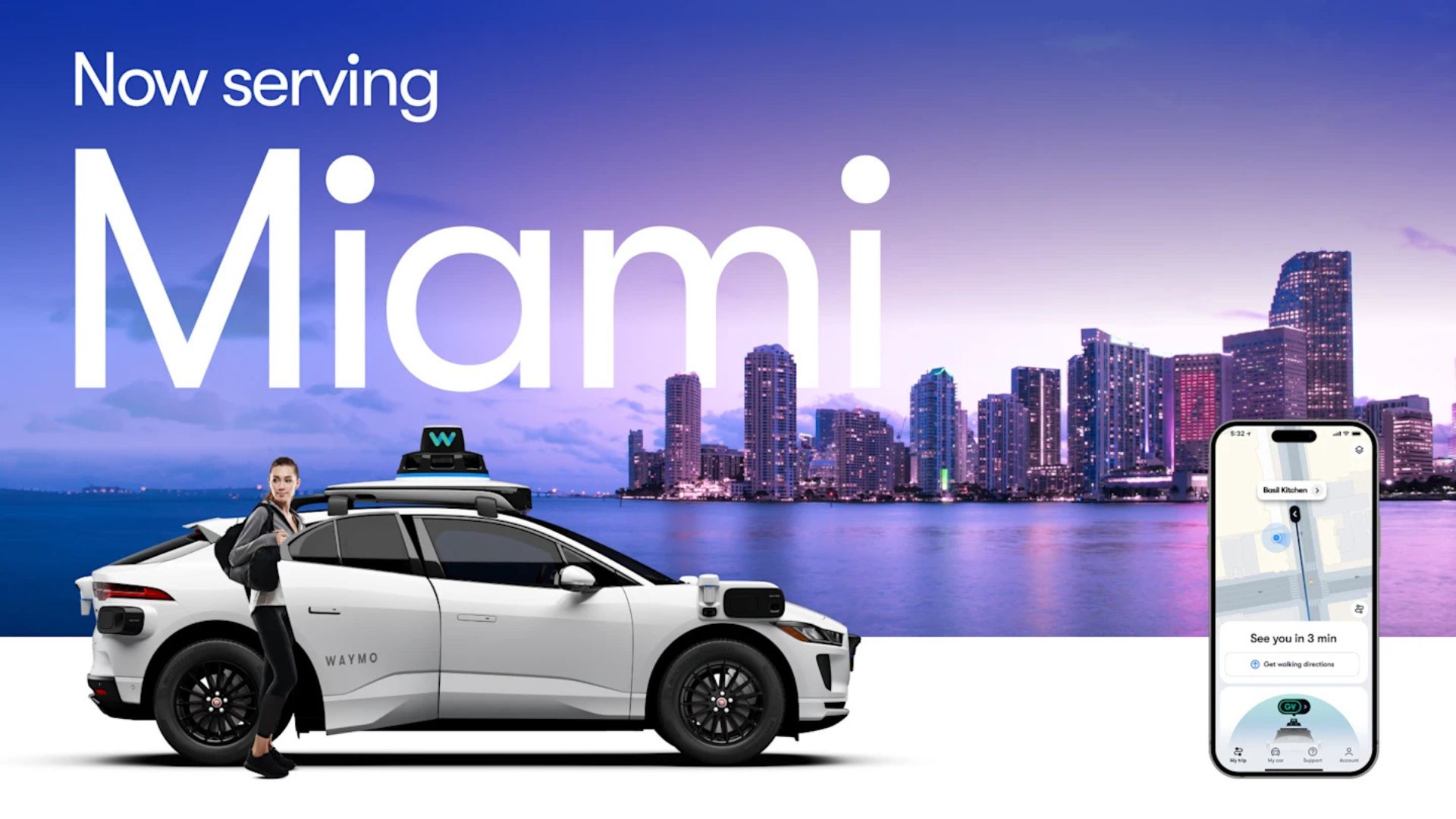An aerial survey is ongoing in the skies above Germany as part of the country’s ambitious goal of creating a digital twin of “Deutschland.” The Federal Agency for Cartography and Geodesy (BKG) achieved a significant milestone, completing 50% of the project.
This innovative undertaking aims to create an intelligent, virtual replica of the entire country. The digital twin will be a highly detailed 3D model for future simulations and planning.
A 3D Digital Twin of an Entire Country

At the heart of Digital Twin Germany is advanced airborne laser scanning technology. According to reports, the method captures the landscape with exceptional detail. The agency wants to achieve at least 40 measurement points per square meter nationwide. The 3D model will be “ultra-precise” and the backbone for critical applications in various sectors, including environmental protection, transportation planning, public safety, and urban development.
The project runs until December 2026 and is on track to complete nationwide coverage. However, the remaining aerial flights are subject to clear skies to achieve this. Once it’s completed, Digital Twin Germany will be updated every three years. Continuously refreshing the data will provide insights into land use or changes in forest cover, helping policymakers and administrators make sustainable decisions.
Reports indicate that the digital twin has a wide range of potential applications. For example, the platform could possibly model evacuation routes if a disaster strikes, or assess flood risks during extreme rainfall. In addition, the digital twin could analyze essential services like hospitals across the country.
Combining various analytical and simulation tools, Digital Twin Germany aims to promote cross-sector collaboration and avoid data duplication across federal agencies. Integrating big data technologies and cloud computing allows agencies to tackle complex scenarios efficiently.
The BKG agency describes the digital twin as an immersive, 3D view of how policies could shape the country’s future. Germany has ambitious goals of becoming a smart and sustainable country, and the digital twin puts it on a good track to achieve those goals.







